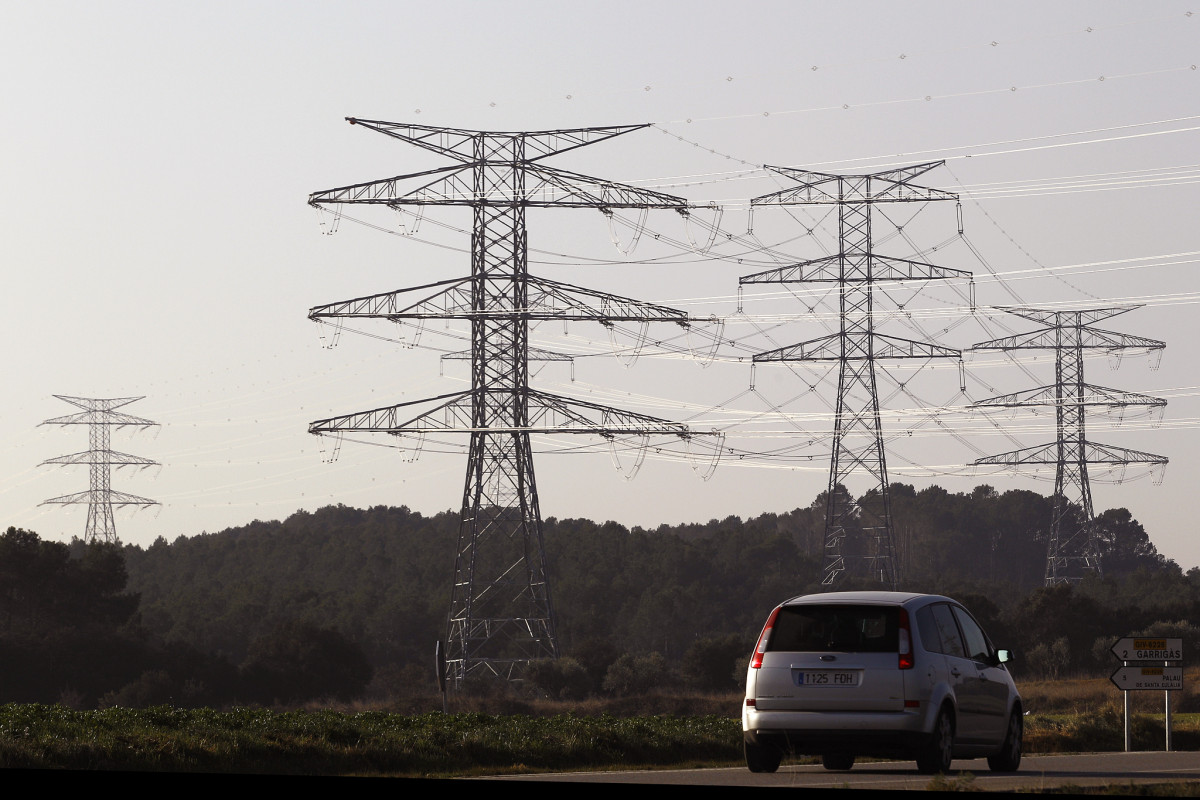Must better connect “energy island” Iberian Peninsula with rest of Europe to reap benefits – Spain
Clean Energy Wire: What does energy security mean for your government in Spain?
Joan Groizard: The transition towards renewable energy and boosting energy efficiency are integral parts of our energy security strategy. When we defined what we call our energy and climate strategic framework, it was meant to be more than just climate policy. It was energy security policy, industrial policy and social justice policy.
To enhance our energy security, we need to reduce our dependence on fossil fuel imports and expand renewable energy. These are the resources we do have, and they are key to reindustrialisation. In the wind turbine sector, we have the full supply chain in Spain, we have 60 percent of the solar supply chain as well, and we also have quite a few elements of the renewable hydrogen supply chain.
Fossil fuels and especially gas supplies play a big role in current European debates about energy security, following the energy crisis and the halt of Russian supplies. Is it wishful thinking to emphasise the role of renewables in ensuring energy security?
On the contrary. For us, it would be wishful thinking to say that we could address energy security simply by diversifying fossil fuel supply a bit more. Many used to consider Russia a perfectly reliable supplier. Deliveries appeared to be abundant, guaranteeing competitive prices.
We do not want to simply replace one dependence with another. The only thing that can really reduce or eliminate that dependence is switching to purely regional or near-shore energy sources. In most of the world, renewable energy sources are a lot more evenly distributed than fossil fuels.
One major energy security topic for Spain is the insufficient transmission capacity to Central Europe, where France has been stepping on the brakes. Is EU cooperation working well enough on energy security?
The crises of the last few years have significantly strengthened the European project. We have been able to make decisions a lot faster, and alignment now happens much quicker on anything from Covid vaccines to energy security amid the Ukraine invasion.
Having said that, obviously, there are differences between the capitals, because we are still 27 member states rather than one single sort of federal entity.
We welcome the European Commission’s recent publications, such as the Clean Industrial Deal or the Affordable Energy Action Plan. Better interconnection and a more unified internal market are important both for energy security and for competitive prices.
The Iberian Peninsula – Spain and Portugal – is more of an energy island than Ireland. It has very few interconnections with the rest of Europe. This is not only to the detriment of the Iberian Peninsula itself. It means that Central Europe and Northern Europe cannot benefit from cheap, competitive solar power. A couple of summers ago, this meant that when a large part of the French nuclear electricity fleet was experiencing problems, the support we could provide to France’s security of supply was limited. Supply would be more secure for both sides with a good connection.
This becomes even more interesting if we consider that the countries of Africa are basically at your doorstep.
Indeed. Spain has a very critical position geographically because of its proximity to Africa, and its geographical and cultural proximity to South America. Situated at the edge of Europe, international cooperation and conversation has always come natural to us.
This is crucial when you think about the broader Global South and how international cooperation can be conducted on energy supply itself, but also on raw materials, technology and other forms of exchange.
Are there already new energy projects planned to connect, for example, Morocco and Spain?
We have an open framework with Morocco, where we discuss future interconnections and the integration of our markets. At the same time, we are well aware that if we do not strengthen the Pyrenees interconnection, which hooks up the Iberian Peninsula with the rest of Europe, then the benefits of further connections with Africa remain very, very limited.
This is about integrating North Africa with the European network and not only integrating Spain and Portugal with the African network. We need the connections to be robust all the way through.
Italy aims to be a major energy hub connecting African supply with European demand. Does Spain have a similar vision?
We know that the more interconnected the energy systems are the more robust they become. I do not think it has to be a competition between two countries. In the Mediterranean region, Spain and Italy are in a good position to play that role with both domestic production and good international interconnection.


